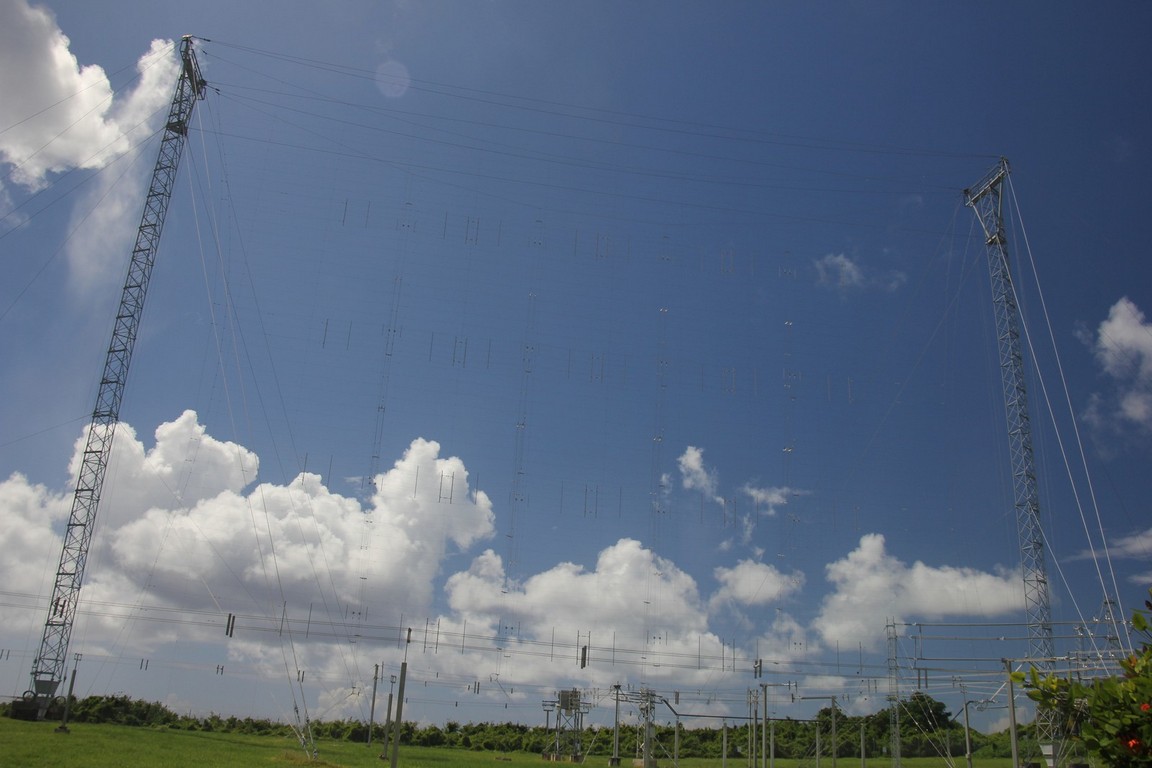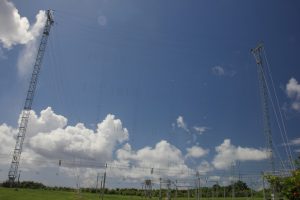To be where the audience Is — report of the “Special Committee on the Future of Shortwave Broadcasting”

 WASHINGTON (August 1, 2014) — The Broadcasting Board of Governors today released “To Be Where the Audience Is,” a report that found shortwave radio to be essential to listeners in target countries, but of marginal impact in most markets. The report’s recommendations came after a comprehensive review, grounded in audience-based research, of the efficacy of shortwave as a distribution platform for U.S. international media.
WASHINGTON (August 1, 2014) — The Broadcasting Board of Governors today released “To Be Where the Audience Is,” a report that found shortwave radio to be essential to listeners in target countries, but of marginal impact in most markets. The report’s recommendations came after a comprehensive review, grounded in audience-based research, of the efficacy of shortwave as a distribution platform for U.S. international media.
“Shortwave radio continues to be an important means for large numbers of people in some countries to receive news and information,” said Matt Armstrong, who chaired the BBG’s Special Committee on the Future of Shortwave Broadcasting, which issued the report. “However, many of our networks’ target audiences have moved to newer platforms including TV, FM and digital media. This report maps a way forward for U.S. international media to remain accessible for all our audiences.”
Research-based evidence of media trends suggests that the increased availability and affordability of television, mobile devices and Internet access has led to the declining use of shortwave around the world. Still, the report finds that substantial audiences embrace shortwave in Nigeria, Burma, North Korea, Afghanistan, Somalia, Zimbabwe, Cuba and other target markets for the BBG.
At the same time, the committee’s recommendations make clear that the BBG will need to continue to reduce or eliminate shortwave broadcasts where there is either minimal audience or that audience is not a U.S. foreign policy priority. It also ratifies reductions that were made in redundant signals in 2013 and further cuts in transmissions that were made in 2014.
Even with these recent reductions, the BBG makes programs in 35 of its 61 broadcast languages available on shortwave where there is a strategic reason to do so.
The report notes there is no evidence that shortwave usage increases during crises. At such times, audiences continue to use their preferred platforms or seek out anti-censorship tools to help them navigate to the news online, including firewall circumvention tools or offline media including thumb drives and DVDs.
The Shortwave Committee report will be discussed at the August 13 public meeting of the Broadcasting Board of Governors. The report can be found here.
